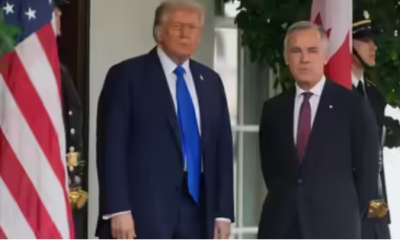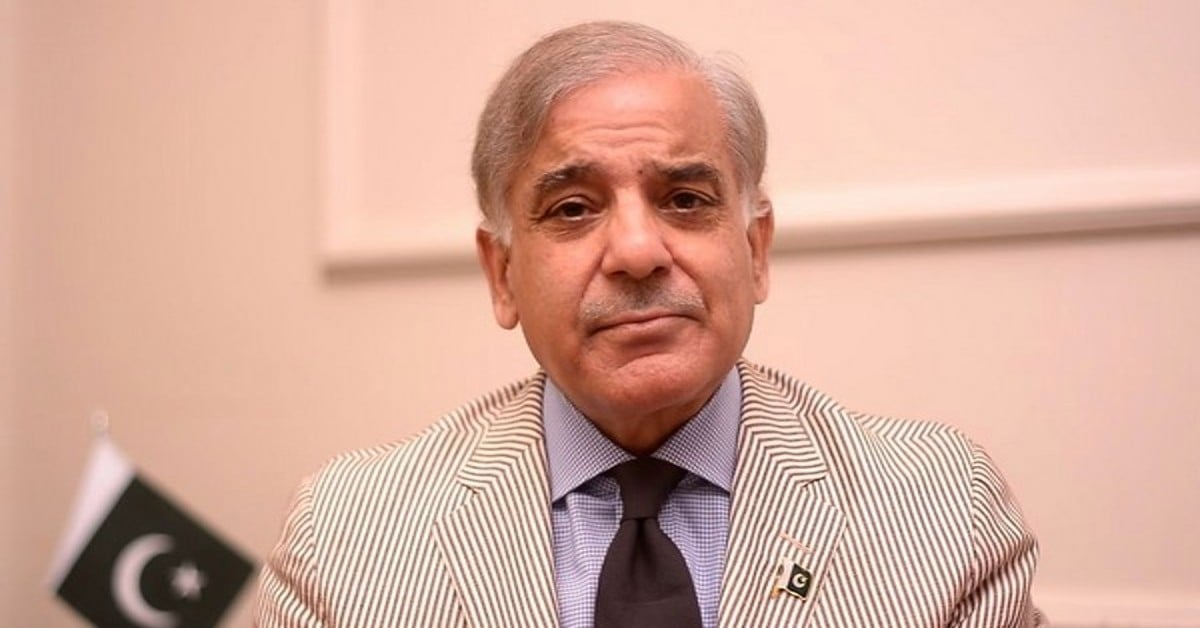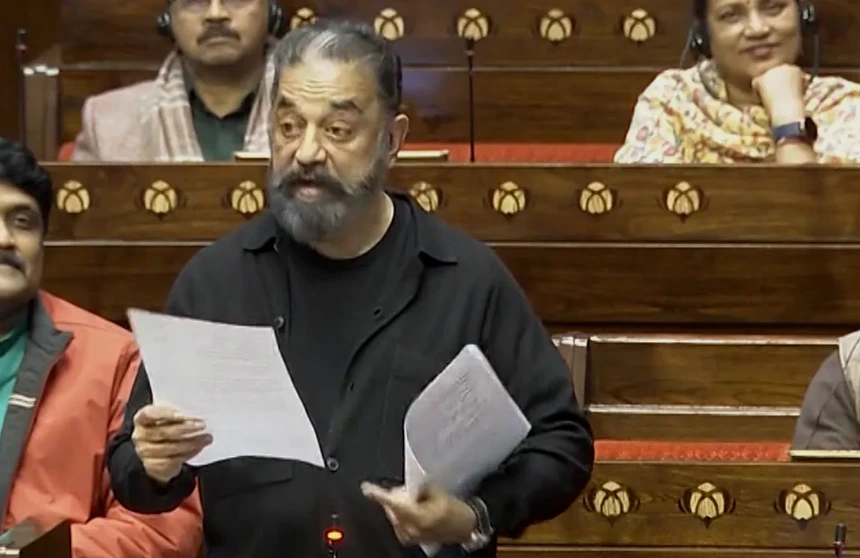After the positive vibes from the cordial talks between US Secretary of State Mike Pompeo and Indian External Affairs Minister (EAM) S Jaishankar, the President of the United States – POTUS, as they call it – Donald Trump threw a spanner in the works ahead of his meeting with Prime Minister Narendra Modi on the sidelines of the G-20 summit in Japan.
Trump today (Thursday, June 27) demanded that India withdraw its increased trade tariffs, calling them “unacceptable.”
Trump said in a tweet: “I look forward to speaking with Prime Minister Modi about the fact that India, for years having put very high Tariffs against the United States, just recently increased the Tariffs even further. This is unacceptable and the Tariffs must be withdrawn!”
Trump has often commented on India’s tariff barriers, referring to India as “tariff king” and threatening to impose retaliatory tariffs on Indian products as well.
Immediately after PM Modi was sworn in for second term, Trump informed the US Congress of his decision to terminate India’s designation as a beneficiary developing nation under the key GSP trade programme after determining that it has not assured the US that it will provide “equitable and reasonable access to its markets.”
Accordingly, Washington withdrew the long-standing trade privileges for New Delhi under the Generalized System of Preferences (GSP) on June 1. Trump said the preferential status had allowed India to sell goods worth $5.6 billion duty-free.
The Generalised System of Preference (GSP) is the largest and oldest US trade preference programme and is designed to promote economic development by allowing duty-free entry for thousands of products from designated beneficiary countries.
India has been a beneficiary of the US’ GSP programme since November 1975. As exports under GSP accounted for over 11 per cent of India’s total goods exports of .4 billion to the US in 2018, the withdrawal could affect India’s competitiveness in exports of 1,900 items, including organic chemical raw materials, iron, steel, furniture, aluminium and electrical machinery, as duties will now be levied on these products.
Also Read: Assam citizen’s list: 1 lakh more excluded ahead of July 31 deaadline
India, after extending the deadline for several times, slapped additional customs duties on 29 US products, including almond, walnut and pulses, with effect from June 16.
Quoting government sources, news agency Reuters reported that India rejected Trump’s argument, saying the tariffs were not that high compared to other developing countries.
Trump’s grouse has been that US is purchasing more from other nations than it sells, which has stunted manufacturing in the country.
Over the last several months, Washington imposed tariff and withdrew concessions on millions of dollars’ worth of goods from across the world and has been embroiled in a trade war, particularly with China. But other nations imposing retaliatory tariffs on the US is robbing Washington of the foreign markets it needs to sell its goods.
Yesterday, after his daylong talks with Foreign Minister Dr S Jaishankar, US Secretary of State Mike Pompeo, while defending his government’s decision, emphasised that the US needs greater access to the Indian market.
Also Read: US Secy of State Mike Pompeo meets PM Modi, External Affairs Ministers S Jaishankar
A state department fact sheet yesterday said, “There is enormous potential to grow our trade relationship and create the high-quality jobs that Prime Minister Modi wants if India lowers trade barriers and embraces fair and reciprocal trade”. It also emphasised that the Trump Administration was working to ensure that “American companies operating in India have the same level playing field that Indian companies enjoy in the United States.”
After yesterday’s meeting, Jaishankar said he has “pushed for a constructive and pragmatic view”, and the “real test of our intentions will be our ability to deal with this”.
He quoted Pompeo as saying that there has been a lot of “noise”, and the two sides need to go to the basics. “My confidence is reaffirmed about our ability to address (the issues). I am reassured about the solidity of the relationship,” he said.
The US Secretary of State also said the two sides need to work on these issues with “as little theatre as possible”. “We have to get the economic piece right. Great friends are bound to have disagreements,” Pompeo said, downplaying concerns.
PM Modi’s meeting with President Trump is expected to take the discussion forward.
Trump and Modi are scheduled to hold a bilateral summit tomorrow, Friday in Osaka, Japan.


 India News23 hours ago
India News23 hours ago
 Latest world news9 hours ago
Latest world news9 hours ago
 Latest world news8 hours ago
Latest world news8 hours ago
 Cricket news9 hours ago
Cricket news9 hours ago
 India News5 hours ago
India News5 hours ago













